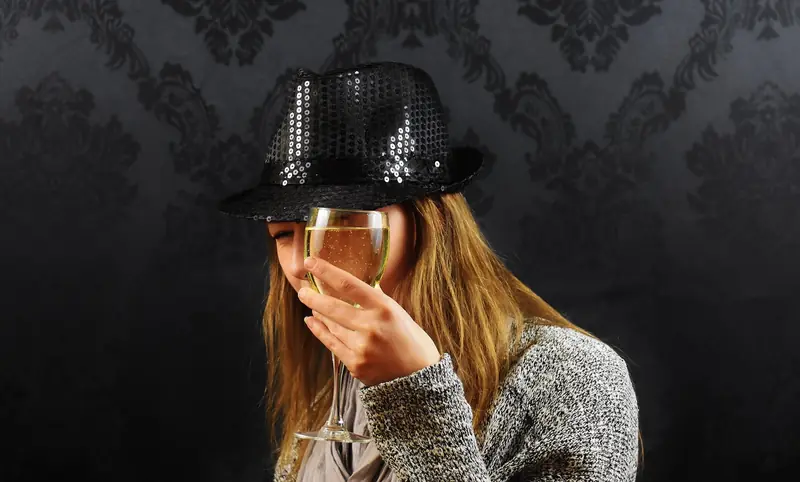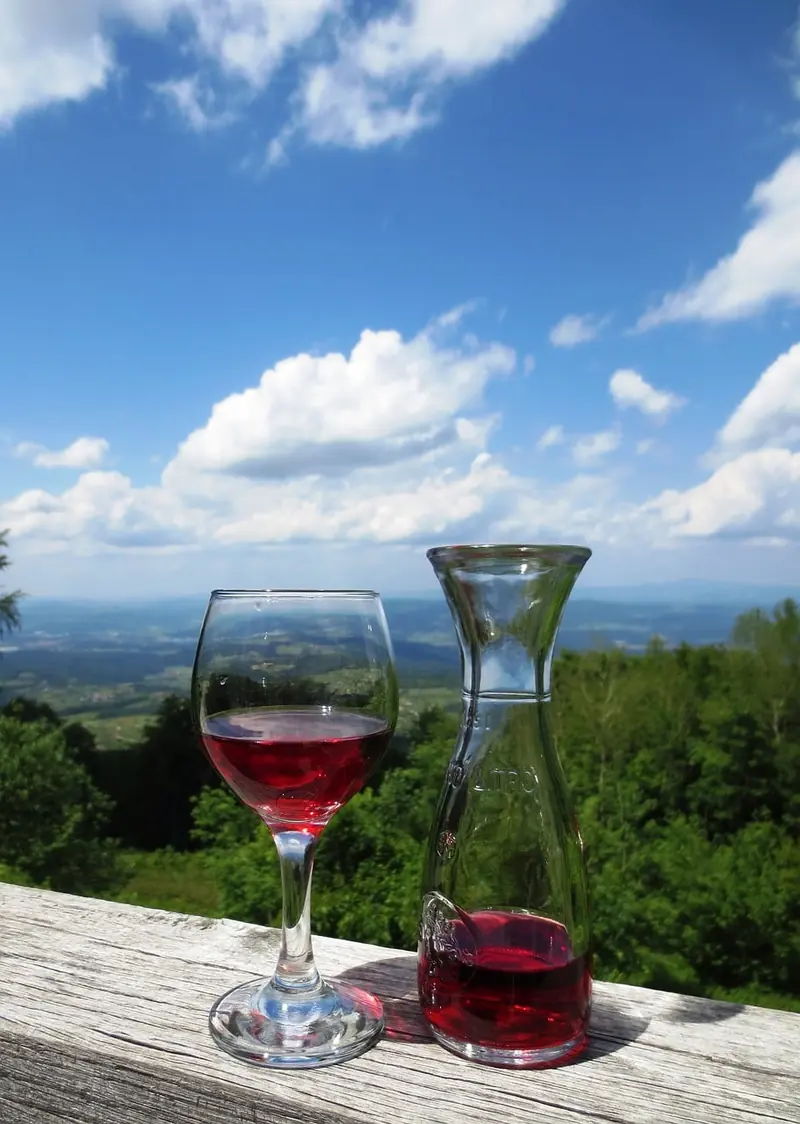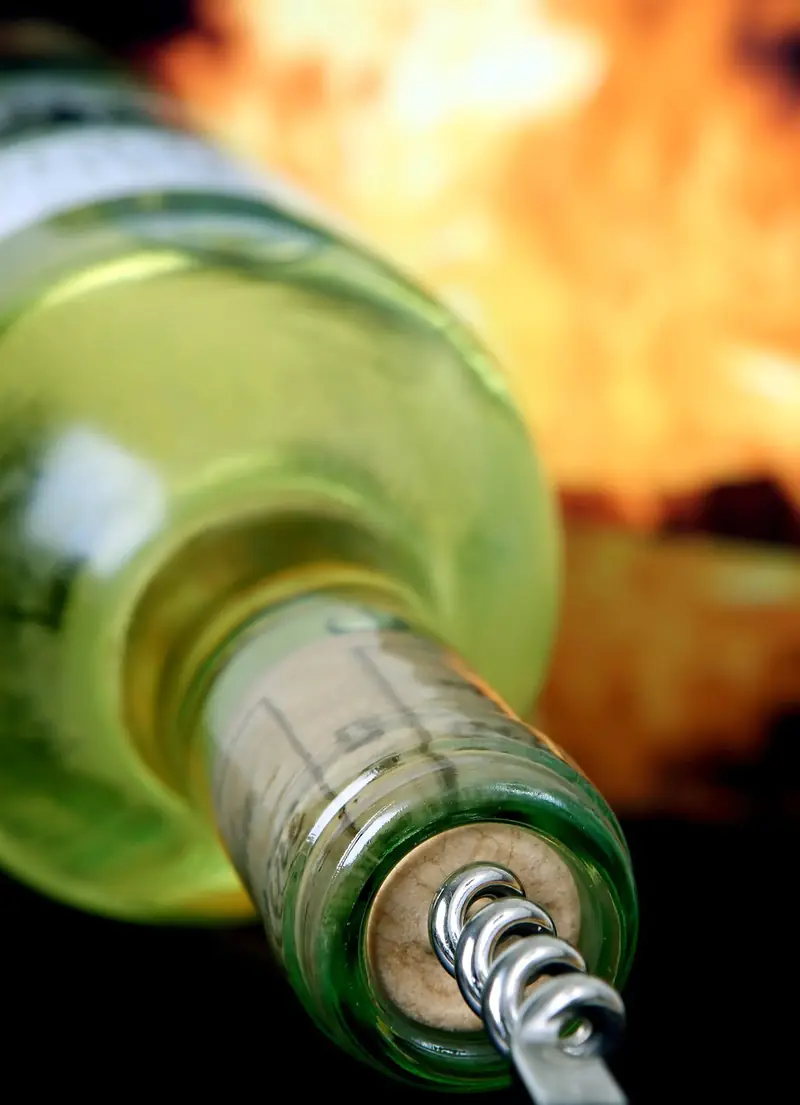
Researchers have explained why you should avoid wines stored in clear bottles. Regardless of the price, wines in such containers can develop the unpleasant aromas of boiled cabbage, wet dog, and even sewage over time.
This primarily applies to white and rosé wines. The issue is that clear bottles allow sunlight to penetrate, which can lead to a phenomenon winemakers refer to as “light strike.” In clear glass, wine is not protected from both ultraviolet radiation and artificial lighting.
When ultraviolet rays hit the wine, they cause amino acids to react and form sulfur compounds. These compounds are responsible for the off-putting smell that characterizes many white and rosé wines—even the expensive ones. So, if these beverages are stored in clear glass bottles, they are likely to taste worse than even cheap wine stored in colored bottles.
Interestingly, under direct sunlight, a wine’s flavor can start to deteriorate in as little as 30 minutes, according to the Daily Mail.

What Researchers Discovered
A 50-day study conducted by a team from the University of Trento (Italy) found a significant increase in the levels of a chemical compound called 4-hepten-1-ol in wines like Chardonnay and Pinot Grigio stored in clear bottles. “These foul-smelling compounds, responsible for the unpleasant taste of boiled cabbage, form in wine exposed to light,” the researchers wrote in their report for the journal PNAS.
Moreover, after just one week of sun exposure, wines stored in clear bottles showed a significant decrease in the levels of chemicals responsible for pleasant flavors.
Specifically, the wines lost between 10 to 30 percent of terpenes—compounds that provide floral and fruity notes—and between 30 to 70 percent of norisoprenoids—compounds responsible for complex resinous notes.
In contrast, wines in colored bottles did not show an increase in unpleasant chemicals and maintained their pleasant taste throughout the study period.

“Daylight Robbery”
What about red wines? They actually fare better under light exposure due to their higher polyphenol content. These compounds, found in grapes, take longer to break down when exposed to light. Therefore, red wines retain their flavor for a longer time.
Thus, the most affected by “light strike” are delicate white and rosé wines stored in clear bottles. Unfortunately, producers of these wines often aim to highlight their color, which is why they prefer clear glass.
“The scale of this problem is likely much larger than any other wine faults,” commented wine expert Suzy Barry on the researchers’ findings. “For the most part, we continue to pretend this isn’t an issue, while it actually robs us of the legitimate pleasure of wine. It’s daylight robbery,” she added.
Some researchers claim that this problem can be avoided by storing wine in a cool, dark place, away from direct sunlight. However, those experts armed with the results of recent scientific studies insist that it’s better to avoid buying wines in clear bottles altogether.
Mark Driver, a winemaker from Sussex (UK), specifically advises: “The next time you want to buy a rosé or a delicate white wine, like Pinot Grigio, look for a bottle in dark green or amber.”
